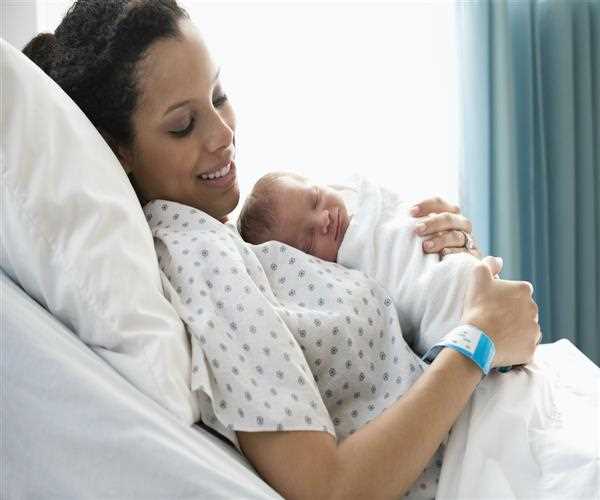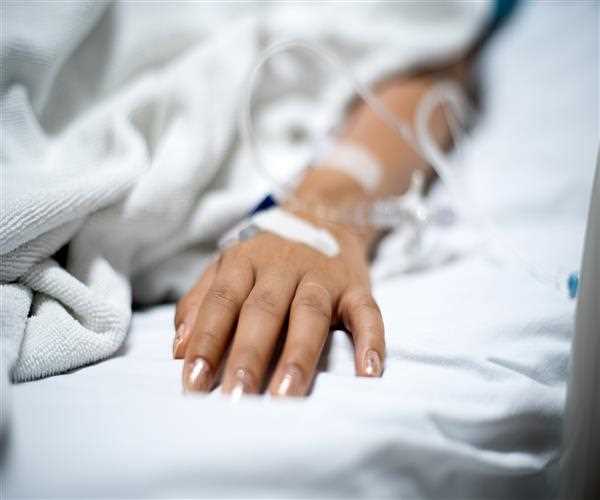
12-Jul-2023 , Updated on 7/12/2023 6:07:03 AM
What science says about the right age of giving birth
Highlights
- The optimal age for giving birth from a biological standpoint is generally considered to be in the early to mid-20s.
- Women in their 20s are more likely to have healthier pregnancies, with lower risks of complications such as gestational diabetes, high blood pressure, and preterm birth.
- Fertility is generally highest in a woman's 20s, with the highest number of good quality eggs available for conception.
- The risk of chromosomal abnormalities, such as Down syndrome, increases with maternal age, with a sharper rise after the age of 35.
- Advanced maternal age (35 and older) is associated with a higher risk of infertility, miscarriage, and pregnancy complications.
- Older mothers may have a higher likelihood of experiencing age-related health conditions during pregnancy, such as gestational hypertension and preeclampsia.
- Pregnancy in the late 30s and 40s is also associated with a higher chance of multiple births, due to the increased use of fertility treatments.
- The decision to have children should consider various personal and societal factors beyond biological considerations, such as career goals, financial stability, and support systems.
In recent decades, the number of people giving birth at an advanced age has grown. This is due to a combination of factors, including career aspirations, financial security and improved fertility treatments.
But what is the right age to have a baby?
A team of researchers from Semmelweis University in Hungary analyzed data on 31,128 pregnancies with non-chromosomal abnormalities recorded over a 30-year period. They found that the most serious anomalies occurred in babies born to mothers under 20 and defects of the central nervous system.
When it comes to having children, only you know what the right time is based on your lifestyle and goals. The ideal age to give birth will vary from woman to woman and is influenced by many different factors, including your health, your partner’s age, your career aspirations and financial stability, and access to fertility treatments such as in vitro fertilization.
Historically, women can become pregnant at any time from the start of their menstrual periods to the point of menopause, but fertility declines as you get older. For this reason, some women choose to delay pregnancy until they are in their 30s or even later.
According to recent research, the "safest" age to have a baby is between 23 and 32. This nine-year Goldilocks zone is the period when the risk to the fetus of developing certain harmful non-genetic conditions is lowest. The researchers at Semmelweis University in Budapest, Hungary, analyzed records of 31,128 pregnancies that were complicated by non-genetic developmental disorders. They then compared them to more than 2.8 million births that occurred in the country over a 30-year period.
They found that the risk of abnormalities in the fetus increased by a fifth for mothers under 22 and by 15% for those over 32, compared to women within the optimal childbearing window. They attributed these findings to young mothers' unhealthy lifestyle choices such as smoking, drug and alcohol use, as well as the fact that they are often unprepared for a pregnancy at an early age.
In many Western countries, people are choosing to wait until later in life to have children.
Although it’s not ideal to delay pregnancy until later in life, sometimes the benefits of having a child at a later age outweigh the risks. For example, women in their 40s may have more energy and better fitness, making it easier to carry a full-term pregnancy. In addition, older mothers often have lower rates of complications such as high blood pressure and preeclampsia than younger mothers.
Another benefit of having a baby at a later age is that it can help older women avoid health problems associated with pregnancy in their 30s, such as high blood pressure and gestational diabetes. This can be especially important for women who have already had a previous miscarriage or a C-section.

Research shows that the safest age to have a baby is between 23 and 32. This is because the risk to the fetus of developing certain harmful congenital conditions is lowest at this time. However, this is only true if the woman’s medical history is normal. If the mother has a history of high blood pressure, or if she’s had a C-section before, her chances of having a dangerous pregnancy increase. Likewise, if the mother has a history of chromosomal abnormalities, such as Down syndrome, she may have a higher risk of having a stillbirth.
However, it’s important to note that the “safest age” to have a child is between 23 and 32, as this is the period in which the risk of certain harmful non-genetic birth anomalies is lowest, according to research from Semmelweis University in Budapest, Hungary (Martin et al. 2019). And although maternal mortality is higher for pregnant people 35 and older, a 2013 study by Fox et al. found that when clients 35 and over are pregnant, the standard of care is to perform the ultrasound part of a BPP test weekly starting at 36 weeks, with a goal of induction by 38 weeks if possible.
In addition, a 2014 retrospective study found that women who gave birth at age 40 and over had lower rates of interventions, including augmentation, vacuum/forceps and unplanned Cesareans, than women who gave birth in their twenties and thirties (Li et al. 2014).
Moreover, There is no denying that pregnancy can be hard on the body. It’s also no secret that people in industrialized nations are waiting to have children longer and later. But is that really a good idea? What does the science say?
There are some serious risks associated with giving birth at a younger age, and these concerns should be carefully weighed. For example, if you are a first-time mother who is under the age of 35, you have a much lower chance of experiencing stillbirth compared to someone who is older. However, when looking at absolute rates, the risk rises as a person ages.
Pregnant women in their 20s also have a lower risk of developing dangerously high blood pressure during pregnancy (preeclampsia) and a complication that affects the uterine lining called puerperal endometritis. They are also less likely to need a cesarean delivery because of medical reasons, and they have a better chance of having a healthy baby.
But as a woman gets older, she has a higher risk of a pre-term labor that can lead to complications like low birth weight and chromosomal birth defects. She may also be at a greater risk for the need to have a cesarean section and an increased likelihood of needing intensive care after childbirth. Fortunately, advances in medical care can help reduce many of these risks.

SEO and Content Writer
I am Drishan vig. I used to write blogs, articles, and stories in a way that entices the audience. I assure you that consistency, style, and tone must be met while writing the content. Working with the clients like bfc, varthana, ITC hotels, indusind, mumpa, mollydolly etc. has made me realized that writing content is not enough but doing seo is the first thing for it.
Join Our Newsletter
Subscribe to our newsletter to receive emails about new views posts, releases and updates.
Copyright 2010 - 2026 MindStick Software Pvt. Ltd. All Rights Reserved Privacy Policy | Terms & Conditions | Cookie Policy